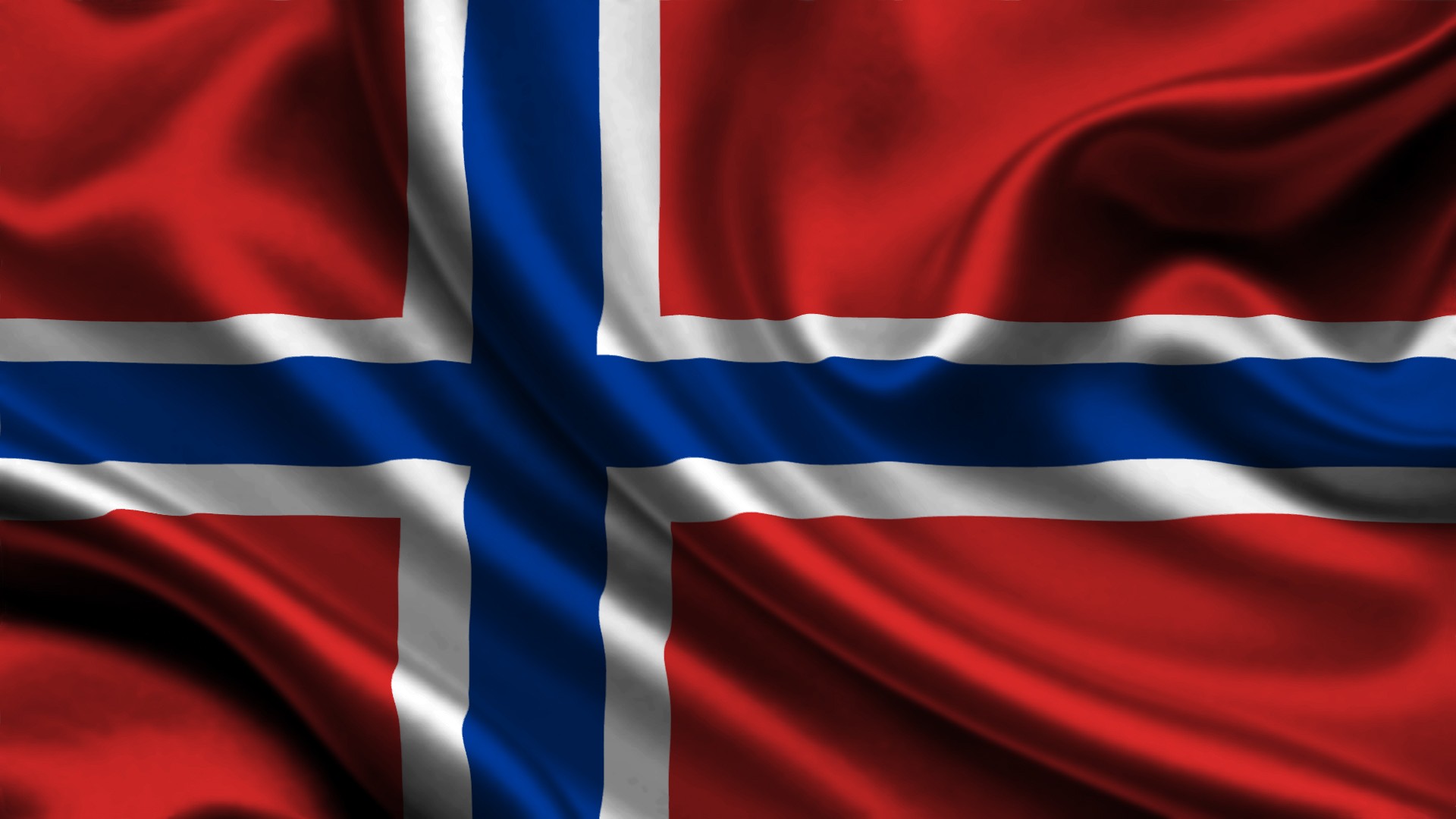Oslo Economics has published a report examining Norway’s current monopoly gambling framework serviced by state-owned incumbents Norsk Tipping and Rikstoto.
In its report, Oslo Economics – a Norwegian non-governmental agency researching national policy impacts – investigates the potential ‘risk of transition’ facing national stakeholders, should Norway replace its existing ‘exclusive rights model’ for an ‘open licensing framework’ favoured by private enterprises.
The agency assesses the impact of changes on the income distribution for social directives – a mandate serviced by Norsk Tipping and Norsk Rikstoto – and how it affects national health stakeholders tackling gambling addiction.
Oslo Economics also dispels a number of ‘assumptions’ formed by previous market studies, which the agency believes have been based on ‘unrealistic assessments’ of the Norwegian marketplace.
Case-in-point, Oslo Economics believes that open licence model ‘taxation benefits’ have been overestimated by previous studies which have neglected to consider a number of key variables including licensing criteria, games allowed by the government and foreign operators reaction to a new model.
“If these variables, and a few others, are taken into account a licence model may give a decline in the tax income of as much as 1,3 billion (NOK) instead of a rise,” the report read.
Furthermore, Oslo Economics moves away from the presumed belief that the government will fail to curb illegal gambling by foreign operators should it proceed with stricter restrictive measures. It said: “Previous reports assumes that the government will not succeed in their efforts, while we assume they will.”
With regards to problem gambling, Oslo Economics details that licensing provisions and criteria are key as Norwegian gambling could transition from a ‘lotto-games market’ to a full casino market, increasing the size of the marketplace, which would see lead to an increase in gambling addiction triggers.
Source: SbcNews.com

